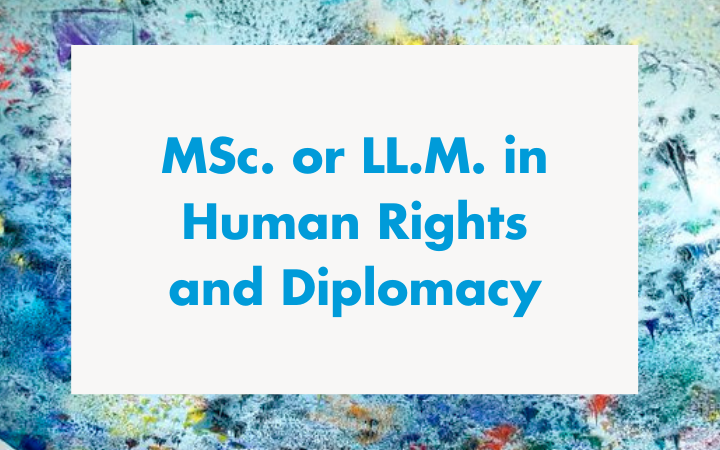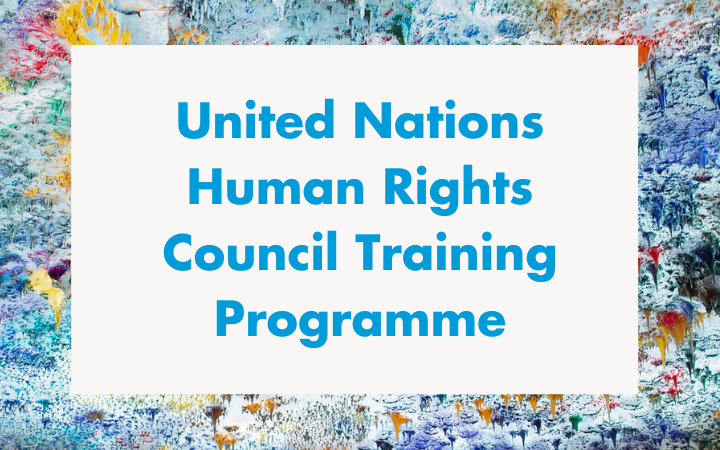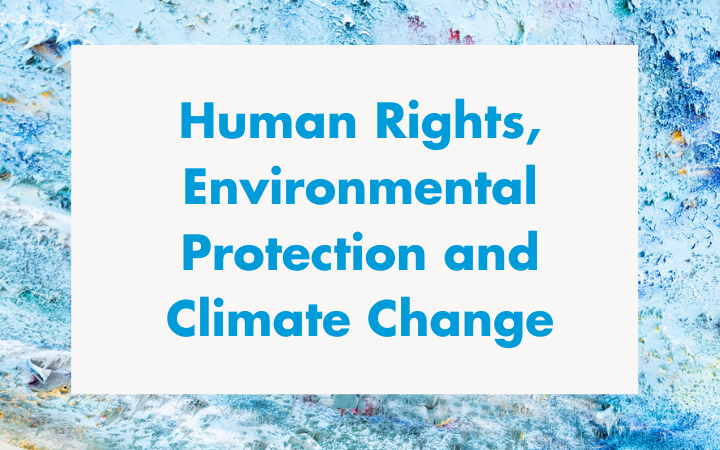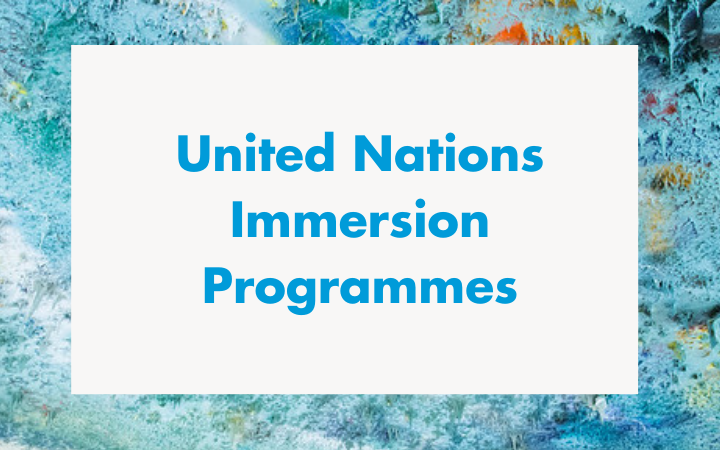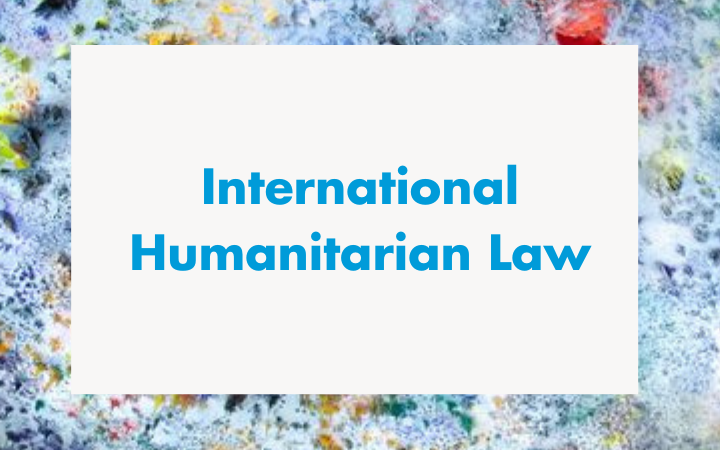With human rights intrinsically linked to international diplomacy, UNIATR's Division for Multilateral Diplomacy is proud to offer a variety of courses, approaching the topic from a multitude of angles such as law, climate, philosophy, conflict and history. Moreover, this portfolio of programmes caters to a variety of different levels of expertise such as masters programmes, short courses and field-visits, as well as being delivered in a range of formats such as in person, online and hybrid.
After 25 Years of the Palermo Protocol – The Need for Real Action
Human Rights Council 58th Session High Level Side Event
The United Nations Institute for Training and Research (UNITAR) and the Sovereign Order of Malta are pleased to announce a high-level event commemorating the 25th anniversary of the Palermo Protocol. The Human Rights Council side event will feature keynote addresses and panel discussions with leading policymakers, diplomats, and experts, focusing on strengthening global efforts to combat human trafficking through capacity-building and training.
In-Person | 12:00 p.m 28 March 2025 | Room XXII, Palais des Nations, Geneva
MSc. or LL.M. in Human Rights and Diplomacy
In partnership with the University of Stirling
Covering human rights law and politics, the history and philosophical foundations of UN human rights institutions, and offering hands-on training from seasoned UN professionals, this programme delves into both the theory and practice of human rights laws and politics. Taught by leading human rights researchers and welcoming applicants from diverse backgrounds in politics, philosophy, sociology, law, and other related fields, this innovative course equips students for a career in the humanitarian and diplomatic sectors.
In-Person | 1 year Full-time | Start date: January (annually)
United Nations Human Rights Council Training Programme
During the course of the next year, UNITAR is delighted to offer the next edition of the UN Human Rights Council Online Training Programme. Implemented entirely online in September 2025, this course will run in parallel to the real UN Human Rights Council general session in Geneva, Switzerland. It contains the following different components:
- e-Learning modules (Human Rights, Climate Change, SDGs)
- e-workshops (Negotiation Skills, Leadership Skills for a UN Career)
- live-streamed sessions of the 57th Session of the UN Human Rights Council
Human Rights, Environmental Protection and Climate Change
This tutor-facilitated course introduces participants to the application of human rights to environmental issues and the procedural and substantive obligations relating to the environment, covering Principle 10 of the Rio Declaration, as well as the obligations relating to vulnerable groups. Through examples of constitutions that have incorporated a right to a healthy environment, good practices in procedural and substantive environmental protection, as well as good practices in the protection of groups particularly vulnerable to environmental harm, participants will understand how the relationship between human rights and environmental protection takes place in practice.
Next Dates: 11 – 24 August 2025 (tbc), Deadline 10 August 2025
United Nations Immersion Programmes
UNITAR's Immersion Programmes offer an exclusive opportunity for participants to engage with the United Nations and its agencies through in-person field visits to key UN hubs, and to visit the agencies and places where human rights work happens. These five-day programmes are designed to immerse participants in the workings of international diplomacy, global governance, and UN operations, providing direct access to experts, UN institutions, and multilateral organizations. The programmes consist of expert lectures, workshops, guided tours, and networking opportunities, all crafted to build essential diplomatic and international relations skills.
Geneva | The Hague | New York | Nairobi | Vienna
International Humanitarian Law
War remains a matter of great concern to humanity. Recent conflicts have demonstrated that the ravages of war continue to have a devastating impact especially on the civilian population. War might be the “end of the law” as one said, but International Law is not silent on armed conflicts. From its conception in 1859 on the battlefield of Solferino to contemporary warfare, modern International Humanitarian Law (IHL) has been confronted with significant challenges. Since the times of horses and bayonets to drones and other ‘Lethal Autonomous Weapons System’ (the so-called “killer robots”), the IHL has always had the purpose of regulating the means and methods of warfare in order to limit human suffering. The development and sophistication of weapons has made it paradoxically problematic to distinguish between civilians and combatants in order to better protect the former. In addition, the proliferation of non-international armed conflicts (civil wars) and the emergence of new forms of armed conflicts, i.e. the “war on terrorism”, pose new challenges to the protection of civilian persons and goods.
Next Dates:
- Spring: 3 – 30 March 2025 (tbc), Deadline 23 February 2025. Register Here
- Fall:13 October - 9 Nov 2025 (tbc), Deadline 5 October 2025. Register Here



